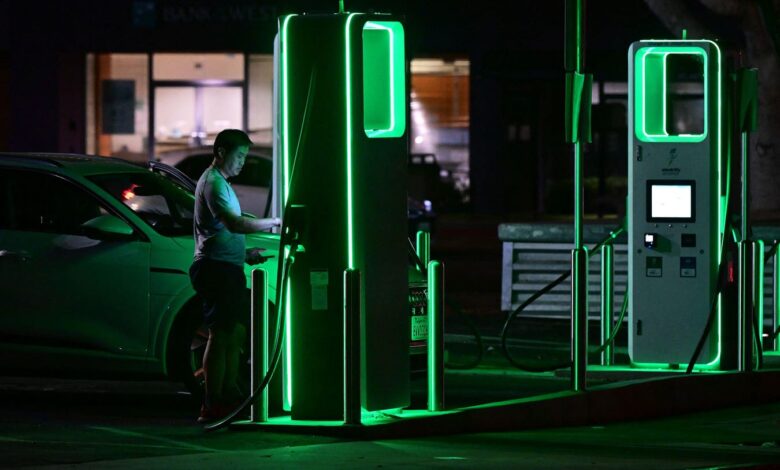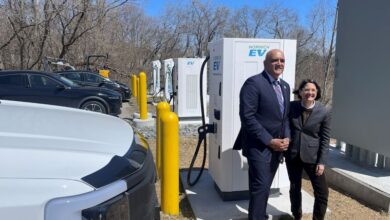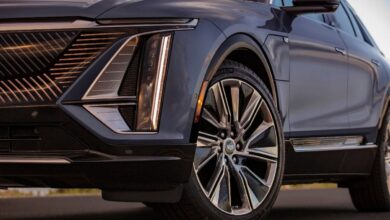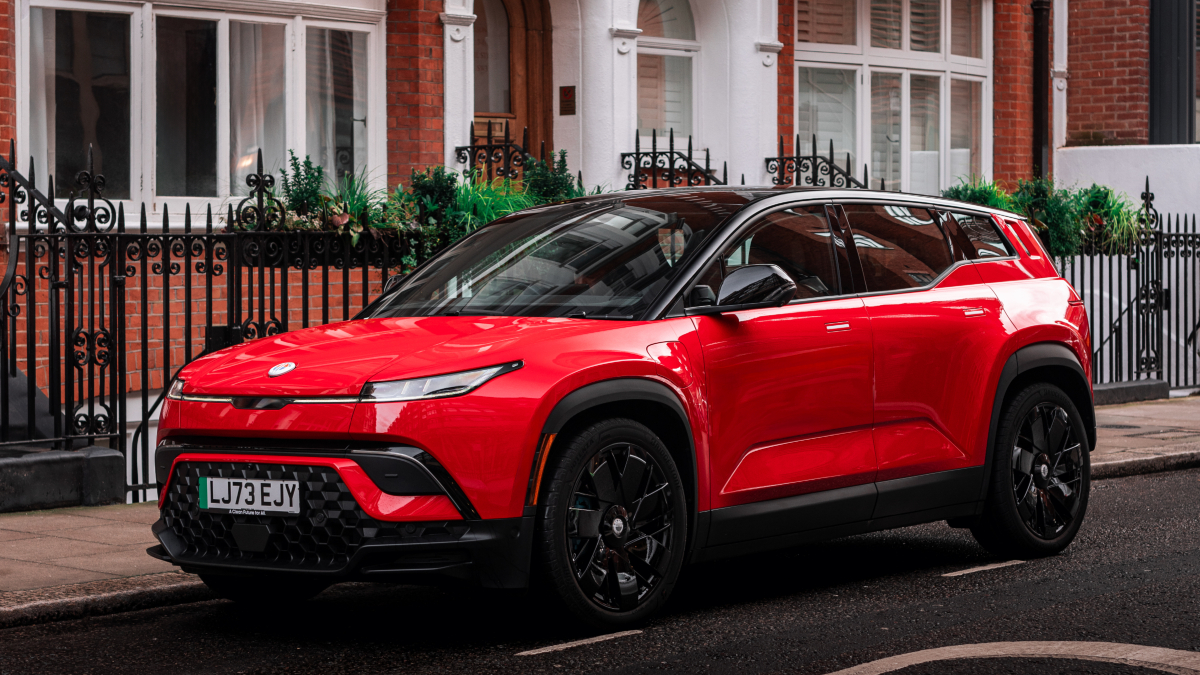EV Demand In U.S. Remains Long-Term Bet, According To Survey

A driver charges his electric vehicle at a charging station. (Photo by FREDERIC J. BROWN/AFP via … [+]
Demand for electric vehicles has slowed in the United States but the technology will continue to expand over the long term, New York-based AlixPartners said on Monday.
At the same time, almost all consumers in China intend to purchase an EV for their next vehicle, according to AlixPartners. Chinese automakers are also building awareness for their EVs in other regions.
The consulting firm released a report based on a survey of 9,000 people in eight countries that represent more than 80% of worldwide EV sales. Of that total, 2,000 were surveyed in the U.S. – half in California, half in the rest of the country. The survey was conducted in late March and early April.
In the U.S., 35% of respondents said they are very or moderately likely to buy an EV. AlixPartners projects that will rise to 40% in 2030 and 48% by 2035.
“Consumers are still believing the market will come in the long term,” Mark Wakefield, global co-leader of the automotive and industrial practice at AlixPartners, said in a media briefing about the survey.
In the short term, EV adoption may be erratic amid consumer concern about vehicle range and availability of charging stations.
“It’s all about charging, charging, charging,” said Arun Kumar, partner and managing director in the automotive and industrial practice at AlixPartners. “Charging seems to be a brick wall consumers are hitting.”
U.S. consumers are looking at plug-in hybrid electric vehicles, or PHEVs, “as a substitute,” he added. Such vehicles use batteries to power an electric motor while also having an internal combustion engine. The survey indicated consumers see PHEVs as increasing range and being able to operate when charging is not available.
In China, 97% of respondents said they will buy an EV for their next vehicle, the consulting firm said. The technology is more developed and Chinese automakers are in a position to expand internationally, AlixPartners said.
“China is five to seven years ahead of the pack,” Kumar said.
Among respondents between 47% to 71% in “mature markets” such as the U.S., Germany, and Japan are aware of at least one Chinese brand, the consulting firm said. The top Chinese brand in awareness is BYD.
Traditional automakers may want to expand PHEV models. Kumar said there should be a “strategic conversion” of models to PHEV to conserve capital. Also, he said, the automakers need to pare costs in their internal combustion engine operations to free up money for EVs and PHEVs.



